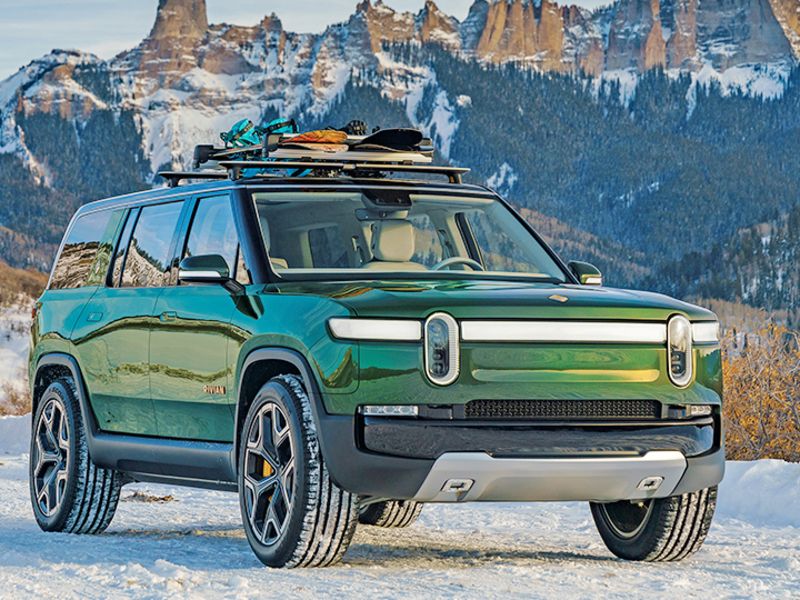
It looked for a while as if Rivian might power through the pandemic crisis unfazed, with interest in the startup’s electric pickups and SUVs gaining momentum following the completion of a $1.3 billion investment round in December.
After Ford Motor Co. said it was investing $500 million in Rivian last year, Ford kicked off 2020 with the news that Rivian would co-develop an all-electric vehicle with Lincoln, based on the EV “skateboard platform” Rivian has developed and intends to produce in Normal, Ill.
But late last month, as COVID-19-related cancellations and concerns mounted around the industry, Ford said it was dropping the Lincoln program, although the automaker said it will continue to collaborate with Rivian.
In a statement to Automotive News last month, Lincoln said it is still committed to its partnership with Rivian and will continue to work with the EV startup “on an alternative vehicle based on Rivian’s skateboard platform.”
That setback followed close on the heels of Rivian’s own announcement that it has pushed back the schedule for its first two vehicles, the R1T electric pickup and R1S electric SUV. Rivian has been refurbishing its plant in Normal and recruiting workers to launch production of the vehicles late this year.
But as a result of complications from the pandemic, and difficulties getting the necessary engineering work done at the plant, Rivian moved its launch target to 2021.
The EV startup has recruited a work force of 2,000 as of last month, up from 750 a year earlier. And it is working on a contract to begin supplying investor Amazon with 100,000 electric vans over the coming decade. Rivian has been planning to have the first 10,000 vans to Amazon starting next year.